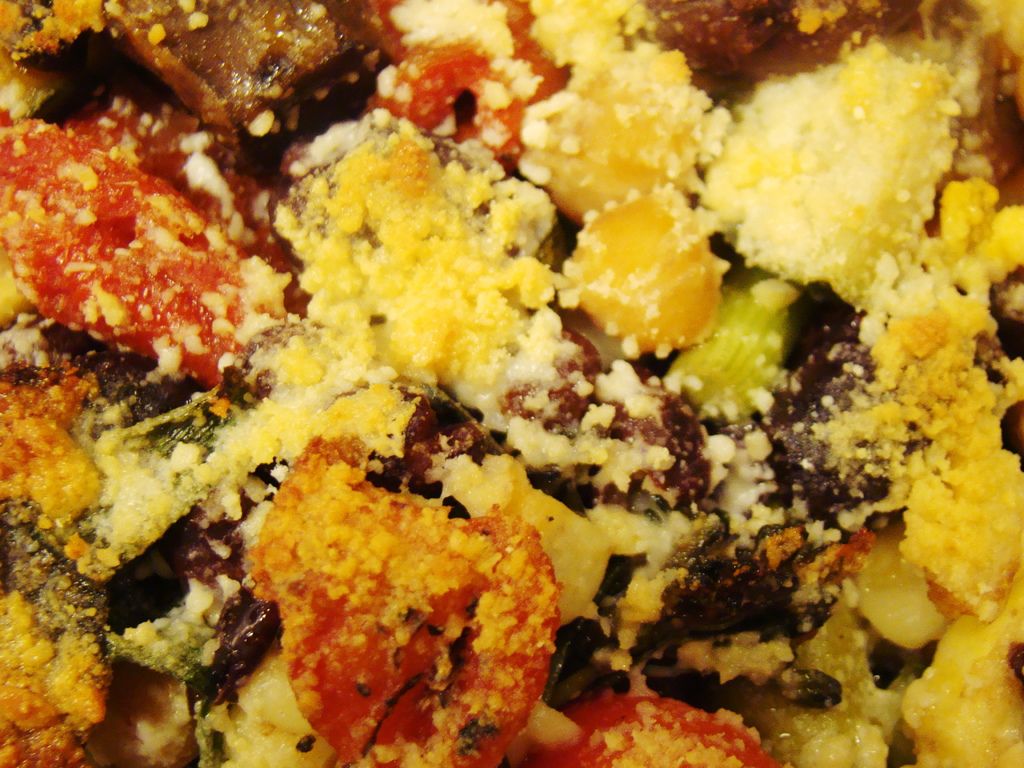Uncommon Genetic Alteration Triggers Craving for High-Fat Foods in Certain Individuals
Indulging in a High-Calorie Feast? It Could Be Genetically Hardwired
Taste, flavor, and personal preferences aren't the only factors influencing our food choices, according to a recent study. Strange as it may seem, a rare genetic mutation can make some individuals even more enticed by fatty foods, and the kicker? They might not even realize it.
The Mysterious MC4R Gene
Researchers from the University of Cambridge have unearthed a fascinating discovery, suggesting that people carrying a mutation in their melanocortin-4 receptor (MC4R) gene are almost twice as likely to gravitate towards fat-laden foods. And here's the catch: they don't even recognize this tendency.
This study, led by Dr. Sadaf Farooqi, has shaken up our understanding of diet, obesity, and the biological forces pushing our eating habits.
Fatty Foods Buffet Experiment
To explore the impact of genetics on food preferences, researchers set up a unique experiment featuring a popular British dish: chicken korma. They recruited 54 participants, splitting them into three groups:
- Lean individuals
- Obese individuals
- Obese individuals carrying the MC4R gene mutation
Each group tasted three variations of chicken korma, designed to have different fat content:
- Low-fat (20% calories)
- Medium-fat (40% calories)
- High-fat (60% calories)
Despite the dishes appearing and tasting identical, the results were striking:
- Individuals with the MC4R mutation consumed nearly double the high-fat korma compared to the lean group.
- They consumed 65% more high-fat food than the non-mutated obese group.
- Despite feasting on more fat, they did not consume more food overall, hinting that their bodies specifically crave fat rather than just eating more.
A Sweet Tooth Turned Sour? The Dessert Experiment
But that's not all. The study didn't just focus on fats. In a second experiment, researchers tested the MC4R's impact on sugar preferences using Eton Mess, a traditional British dessert.
Just like the korma experiment, participants were offered three similarly crafted desserts, varying in sugar content:
- Low-sugar (8% energy)
- Medium-sugar (26%)
- High-sugar (54%)
The results took a surprising turn:
- The lean and obese participants displayed a preference for the high-sugar dessert.
- But those carrying the MC4R mutation ate significantly less sugar overall-and admitted to enjoying it less.
The Evolutionary Advantage of Fat Cravings?
We often consider cravings for fatty foods as a modern health problem, linked to our unhealthy diets and fast food culture. However, this study proposes a different, more ancient origin for this attraction.
Dr. Farooqi suggests that in prehistoric times, the ability to detect and seek out fat would have been essential for survival.
fat contains twice as many calories per gram as protein or carbohydrates, making it an efficient energy source in times of scarcity.
Consequently, individuals who instinctively pursued fat would have had an evolutionary advantage.
Is This Genetic "Fault" a Historical Adaptation?
In today's world, access to high-fat foods is seemingly endless, making the MC4R mutation a potential risk factor for obesity.
Personalized Nutrition and Future Research
This research showcases the first evidence of a direct genetic influence on fat and sugar preferences, illuminating the melanocortin pathway's critical role in appetite and food preference regulation.
The implications are enormous, paving the way for:
- Tailored Diet Plans: Personalized nutrition plans based on genetic testing could become possible in the future.
- Obesity Treatments: This insight could lead to targeted therapies designed to manage weight by addressing the underlying genetic factors driving cravings.
- Revisiting "Willpower": The role of genetics in food choices raises questions about the traditional notion of labeling obesity as simply a lack of self-control.
Limitations and Future Directions
Though compelling, the study provides a glimpse of our future understanding of food choices, acknowledging its limitations:
- Smaller sample size (54 participants, with 14 carrying the MC4R mutation)
- Short-term study-it's uncertain how these food preferences translate into long-term eating patterns
- Additional genetic and environmental factors likely contribute to food preferences.
As obesity rates climb globally, understanding the biology behind our dietary choices is more essential than ever.
This research pushes us to question whether we make our food choices freely or if there's a deeper, biological force guiding us. For those struggling with weight, the study offers a surprising perspective: the battle might not just be about discipline-it may be about our genes.
- The study suggests that individuals with a mutation in their MC4R gene, a gene associated with the melanocortin-4 receptor, might have a genetic predisposition towards fatty foods, and this could potentially play a significant role in their dietary choices in the context of health-and-wellness and fitness-and-exercise.
- Future research in the field of science, focusing on personalized nutrition, could lead to tailored diet plans based on genetic testing, allowing for a more targeted approach to nutrition and obesity treatments that address the underlying genetic factors driving cravings for fatty and sugary foods, thereby shifting the conversation around obesity beyond self-control to a genetic basis.







